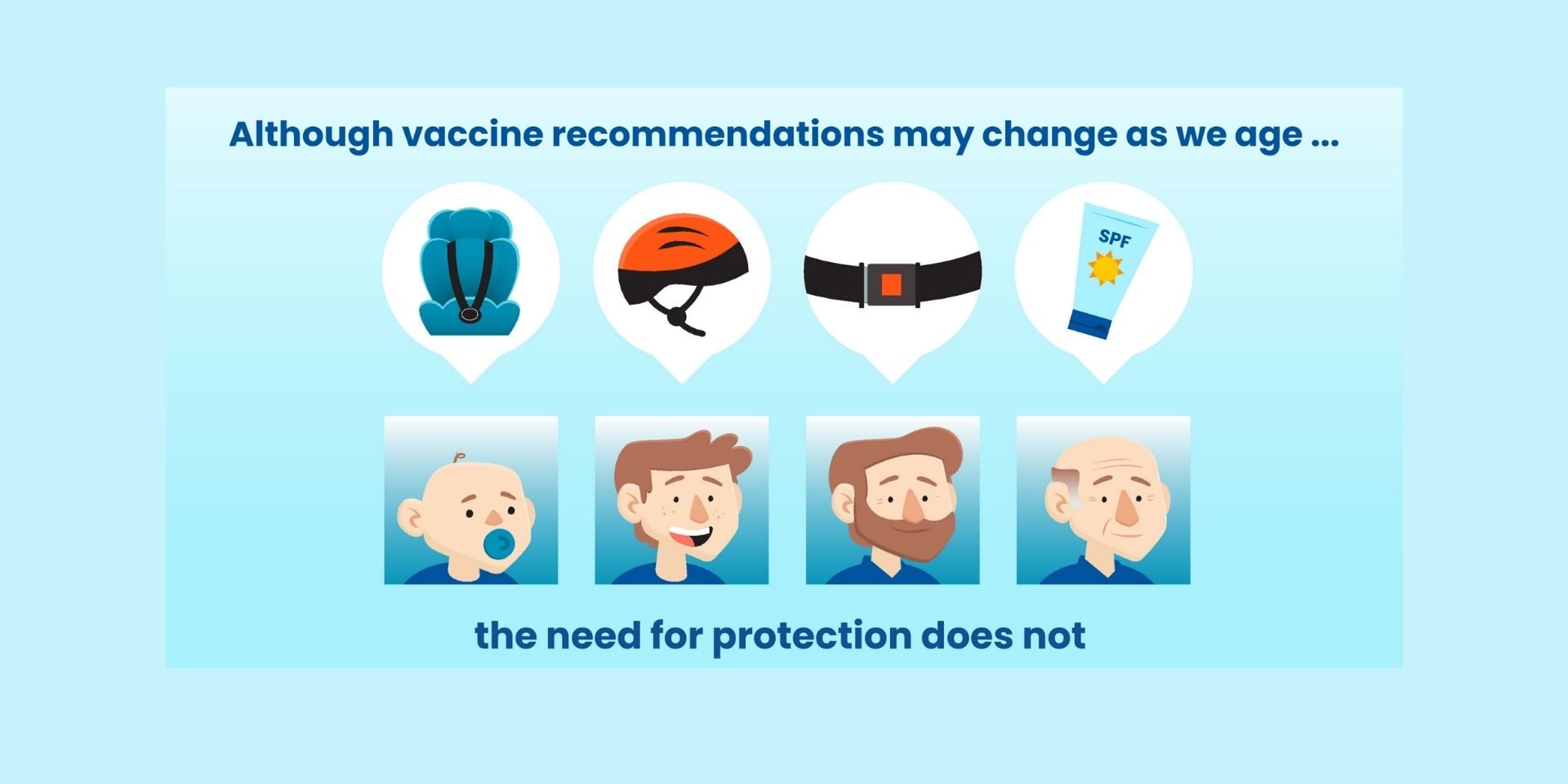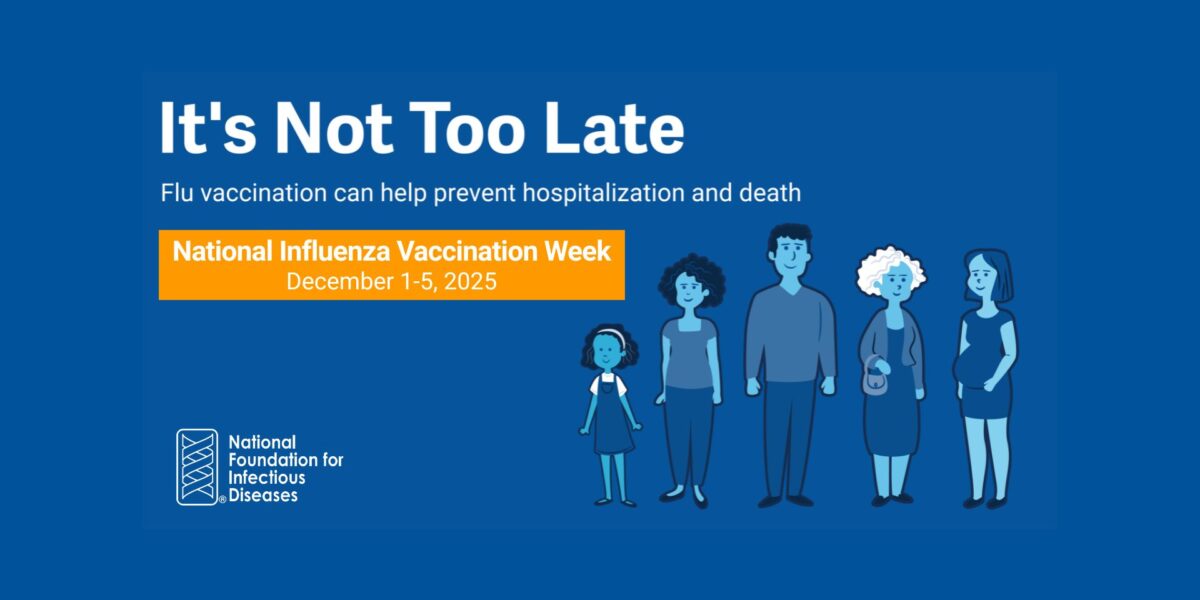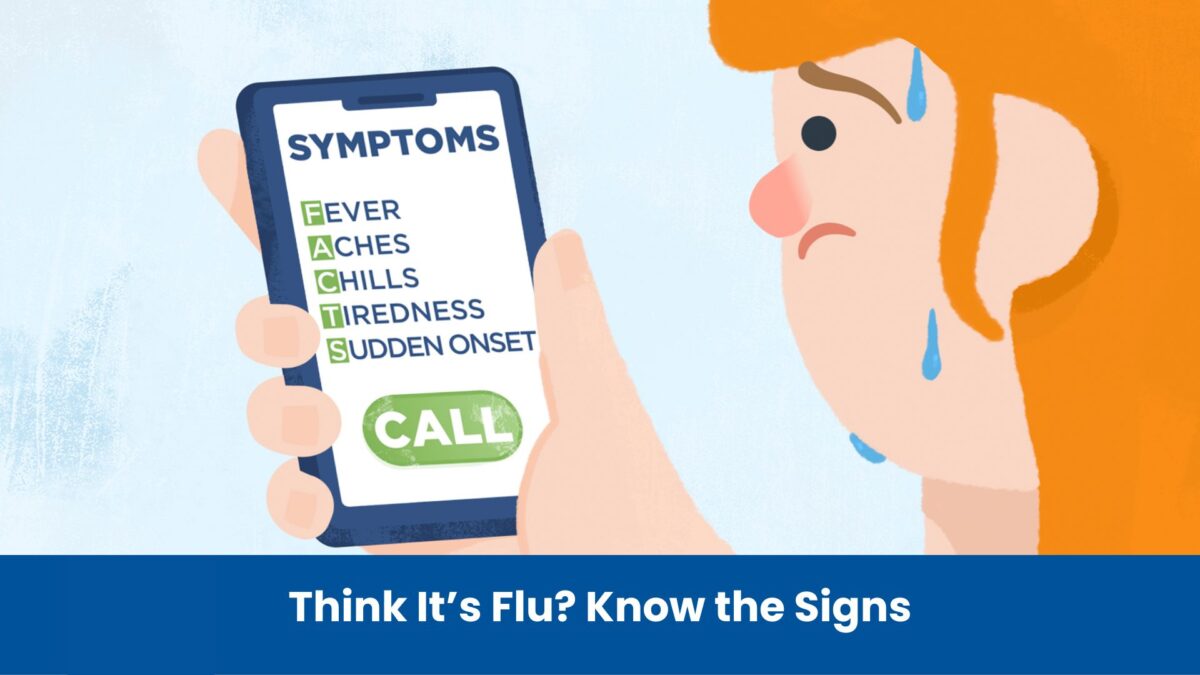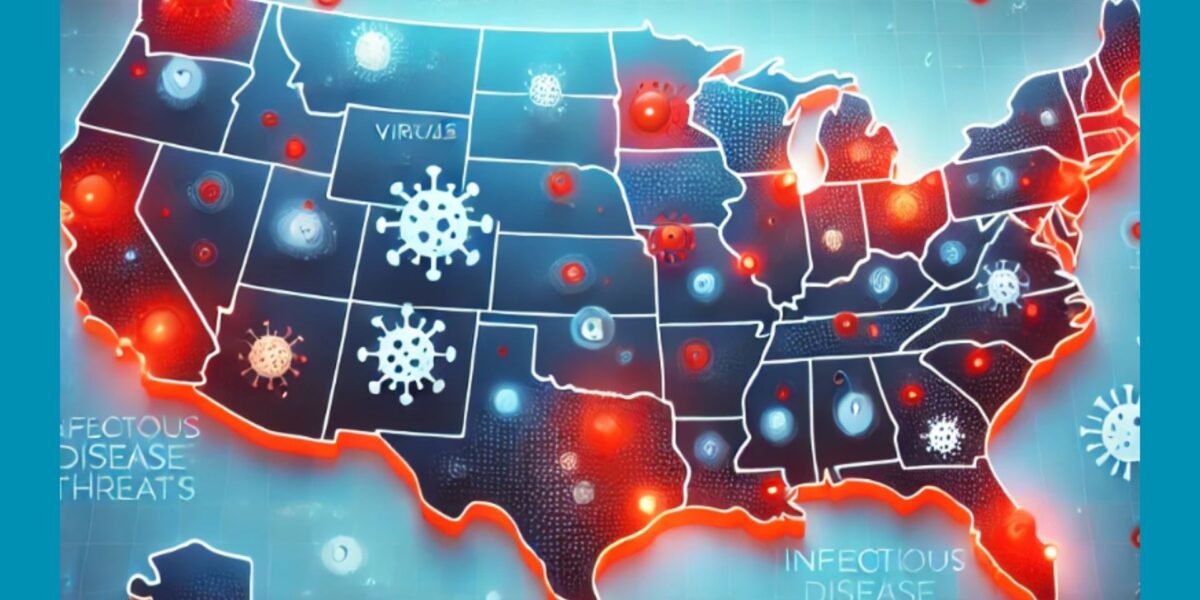
¿Busca orientación confiable sobre vacunas? La National Foundation for Infectious Diseases (NFID) proporciona información clara y precisa sobre la prevención y el tratamiento de enfermedades infecciosas. Siga leyendo para conocer las recomendaciones de vacunación basadas en la evidencia de grupos médicos profesionales y socios confiables de la NFID...
Academia Estadounidense de Médicos de Familia (AAFP): La AAFP proporciona calendarios de vacunación basados en la edad para prevenir enfermedades graves, con recomendaciones específicas para niños desde el nacimiento hasta los 18 años, y calendarios separados para adultos según la edad y las afecciones médicas.
Academia Americana de Pediatría (AAP): La AAP ha publicado un calendario de vacunación independiente basado en la evidencia para niños y adolescentes. El cronograma de la AAP incluye orientación sobre la vacunación contra el COVID-19 que difiere de la política federal actual. También incluye actualizaciones de las recomendaciones sobre el virus respiratorio sincitial (VRS) (VRS) y la influenza (gripe) (gripe):
- Se recomienda el COVID-19 para todos los niños de 6 a 23 meses y para niños mayores de ciertos grupos de riesgo, según la evidencia sobre quién puede beneficiarse más de la vacuna.
- La gripe recomienda la vacunación anual contra la gripe para todos los niños a partir de los 6 meses de edad, a menos que tengan una razón médica para no vacunarse
- El VRS recomienda la vacuna contra el VRS durante el embarazo o la vacunación contra el VRS (nirsevimab o clesrovimab) para los bebés cuyas madres no fueron vacunadas durante el embarazo
"La AAP continuará brindando recomendaciones para las vacunas que están arraigadas en la ciencia y son en el mejor interés de la salud de bebés, niños y adolescentes", dijo la presidenta de la AAP, Susan J. Kressly, MD. "Los pediatras saben lo importante que son las vacunas infantiles de rutina para mantener a los niños, las familias y sus comunidades saludables y prósperas".
Colegio Estadounidense de Cardiología (ACC): El ACC ha publicado una Guía clínica concisa (CCG) que recomienda ciertas vacunas para ayudar a proteger la salud del corazón. La guía incluye evidencia detallada para cada recomendación de vacuna y respuestas a las preguntas más frecuentes para guiar las conversaciones entre pacientes y profesionales de la salud. Las recomendaciones específicas para cada vacuna incluyen:
- Recomendado contra el COVID-19 para adultos con enfermedades cardíacas para ayudar a reducir el riesgo de infección y protegerlos contra enfermedades graves, hospitalizaciones y muertes. La vacunación ayuda a proteger contra los ataques cardíacos, la pericarditis/miocarditis inducida por el COVID-19, los accidentes cerebrovasculares y la fibrilación auricular (latidos cardíacos irregulares) inducidos por el COVID-19 y los síntomas del COVID prolongado.
- Flu-Flu recomienda la vacuna anual contra la gripe para todos los adultos para ayudar a prevenir la gripe y reducir el riesgo de complicaciones graves y muerte. Las versiones nasales de la vacuna no se recomiendan en pacientes de 50 años o más.
- Enfermedad neumocócica: recomendada para adultos de 19 años o más con enfermedades cardíacas para ayudar a proteger contra la neumonía, la bacteriemia y la meningitis y reducir el riesgo de hospitalización y muerte
- Se recomienda una dosis única contra el VRS para adultos de 75 años o más y para adultos de 50 a 74 años con enfermedades cardíacas para ayudar a proteger contra enfermedades de las vías respiratorias inferiores que pueden provocar hospitalización y muerte
- Infección por virus del herpes: se recomienda que los adultos de 50 años o más reciban 2 dosis para protegerse contra un mayor riesgo de accidente cerebrovascular y ataque cardíaco cuando se infectan. Las personas con enfermedades cardíacas tienen un mayor riesgo de contraer la infección por infección por virus del herpes.
Colegio Estadounidense de Obstetras y Ginecólogos (American College of Obstetricians and Gynecologists, ACOG): El ACOG publicó una guía clínica actualizada sobre la vacunación durante el embarazo contra el COVID-19, la gripe y el VRS. Los 3 documentos de orientación, todos los cuales recomiendan la vacunación materna, presentan el cuerpo completo de evidencia científica actual que subraya la seguridad y los beneficios de elegir vacunarse contra estas afecciones respiratorias durante el embarazo.
- Consideraciones sobre la vacunación contra el COVID-19 y el COVID-19 para la atención obstétrica y ginecológica recomienda que las pacientes reciban una vacuna actualizada contra el COVID-19 en cualquier momento durante el embarazo, cuando planeen quedar embarazadas, en el período posparto o durante la lactancia.
- Gripe-influenza en el embarazo: prevención y tratamiento recomienda encarecidamente que todas las personas que estén o vayan a estar embarazadas durante la época de gripe reciban una vacuna contra la gripe inactivada o recombinante tan pronto como esté disponible, durante cualquier trimestre del embarazo. El ACOG recomienda la vacunación contra la gripe antes del inicio de la época de gripe, pero recomienda la vacunación en cualquier momento durante la temporada para garantizar la protección mientras la gripe esté circulando en la comunidad.
- VRS-VRS, Vacunación Materna contra el Virus Respiratorio Sincitial, recomienda que la madre se vacune contra el VRS durante el embarazo para proteger a los bebés después del nacimiento. Los pacientes también deben comprender que si rechazan la vacuna materna contra el VRS, su bebé necesita un anticuerpo monoclonal al nacer.
"Está bien documentado que las afecciones respiratorias pueden causar malos resultados durante el embarazo, y las mujeres embarazadas se enfrentan tanto a enfermedades graves como a amenazas para la salud de su embarazo. Gracias a las vacunas, los resultados graves de las infecciones respiratorias se pueden prevenir en gran medida", dijo Steven J. Fleischman, MD, MBA, presidente de ACOG. "Los documentos actualizados de orientación respiratoria del ACOG repiten lo que sabemos desde hace mucho tiempo: que las vacunas siguen siendo la mejor herramienta disponible para que las pacientes embarazadas se protejan a sí mismas y a sus bebés de estos virus".
Sociedad Americana de Enfermedades Infecciosas (IDSA): La IDSA ha publicado nuevas pautas de vacunación contra el COVID-19 en las que se recomienda que todos los adultos y niños inmunodeprimidos reciban una vacuna contra el COVID-19 adecuada para su edad para la temporada 2025-2026. El grupo recomienda que los pacientes hablen con sus profesionales de la salud sobre el momento y otras consideraciones clínicas específicas de sus situaciones individuales.
Las personas inmunodeprimidas incluyen a personas con sistemas inmunitarios deteriorados debido a una enfermedad (como cáncer o VIH) o medicamentos que deben tomar para tratar una afección médica (por ejemplo, para un trasplante de órganos). Las directrices también aconsejan que los miembros del hogar y las personas en contacto cercano con personas inmunodeprimidas estén al día con la vacunación contra el COVID-19 para brindar mayor protección.
"Las vacunas son una de las herramientas más poderosas para prevenir las enfermedades virales respiratorias, y esta protección es especialmente importante para las personas en nuestras comunidades que tienen sistemas inmunológicos deteriorados", dijo Lindsey Robert Baden, MD, vicepresidenta de investigación clínica de Mass General Brigham y presidenta del panel de directrices. "La directriz de IDSA para la vacunación contra el COVID para personas inmunodeprimidas ayuda a proteger a las personas que a menudo sufren las enfermedades asociadas más graves".
La IDSA publicará recomendaciones adicionales sobre la vacunación contra la gripe y el VRS para las personas inmunodeprimidas.
La NFID continuará actualizando esta publicación a medida que se publiquen recomendaciones adicionales sobre vacunación.
Para unirse a la conversación y obtener las últimas noticias sobre enfermedades infecciosas:
- Dale "Me gusta" y sigue a la NFID en las redes sociales
- Escucha y suscríbete al podcast de Infectious IDeas
- Suscríbase para recibir futuras actualizaciones de la NFID
Artículos Relacionados

Todavía hay tiempo: #GetVaccinated ayudar a #FightFlu
La NFID y sus socios ofrecen recursos para la Semana Nacional de Vacunación contra la Influenza, del 1 al 5 de diciembre de 2025, para crear conciencia sobre la importancia de la vacunación anual contra la gripe ...

Lo que necesita saber durante esta temporada de enfermedades respiratorias
Desde antivirales hasta vacunación, esto es lo que necesita saber para protegerse a sí mismo y a los demás de la gripe, el COVID-19, el VRS y la enfermedad neumocócica.

Resumen de noticias: Amenazas de enfermedades infecciosas
Según la encuesta del sitio web de la NFID, existen varias amenazas preocupantes de enfermedades infecciosas. Lea noticias recientes sobre temas de mayor preocupación, como la influenza (gripe) aviar (gripe aviar), el sarampión y el virus respiratorio sincitial (VRS) (VRS) ...
